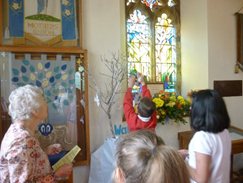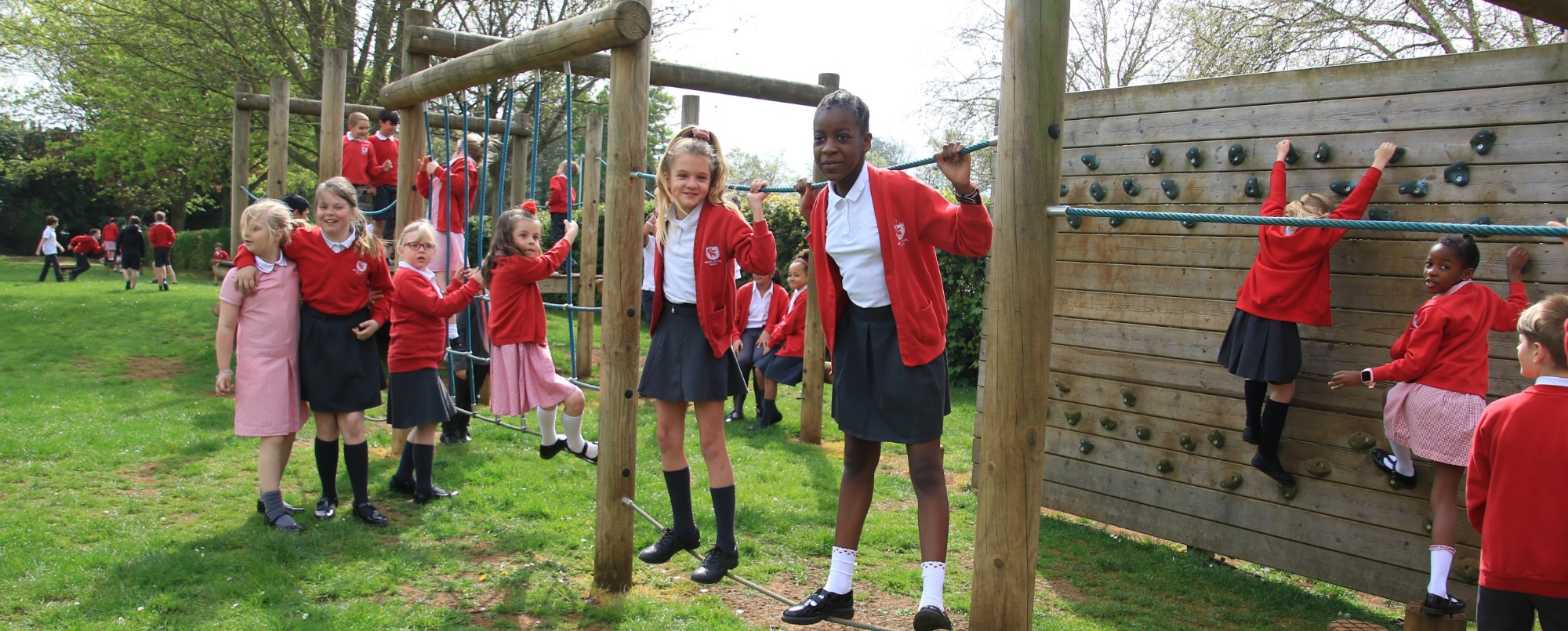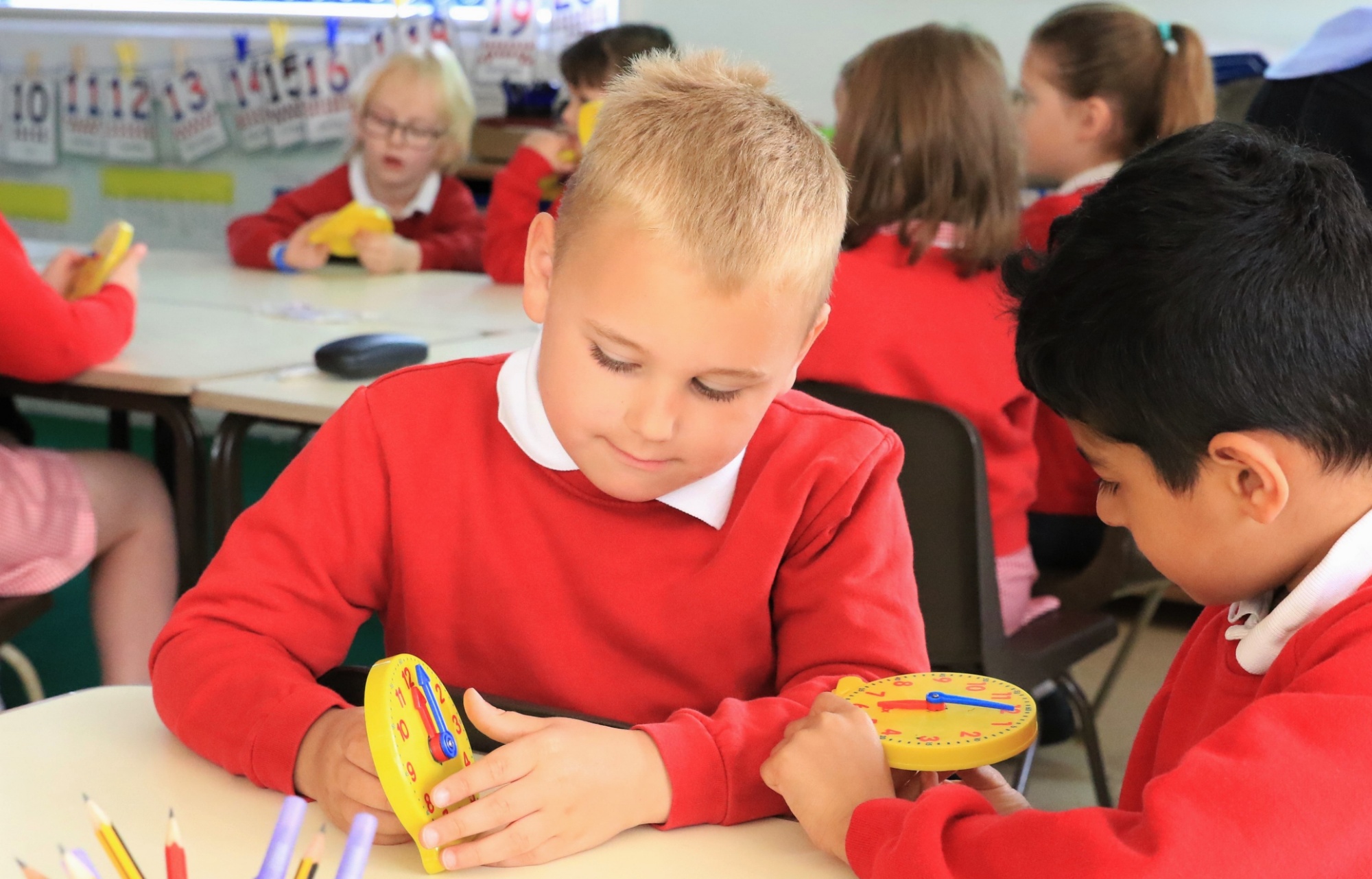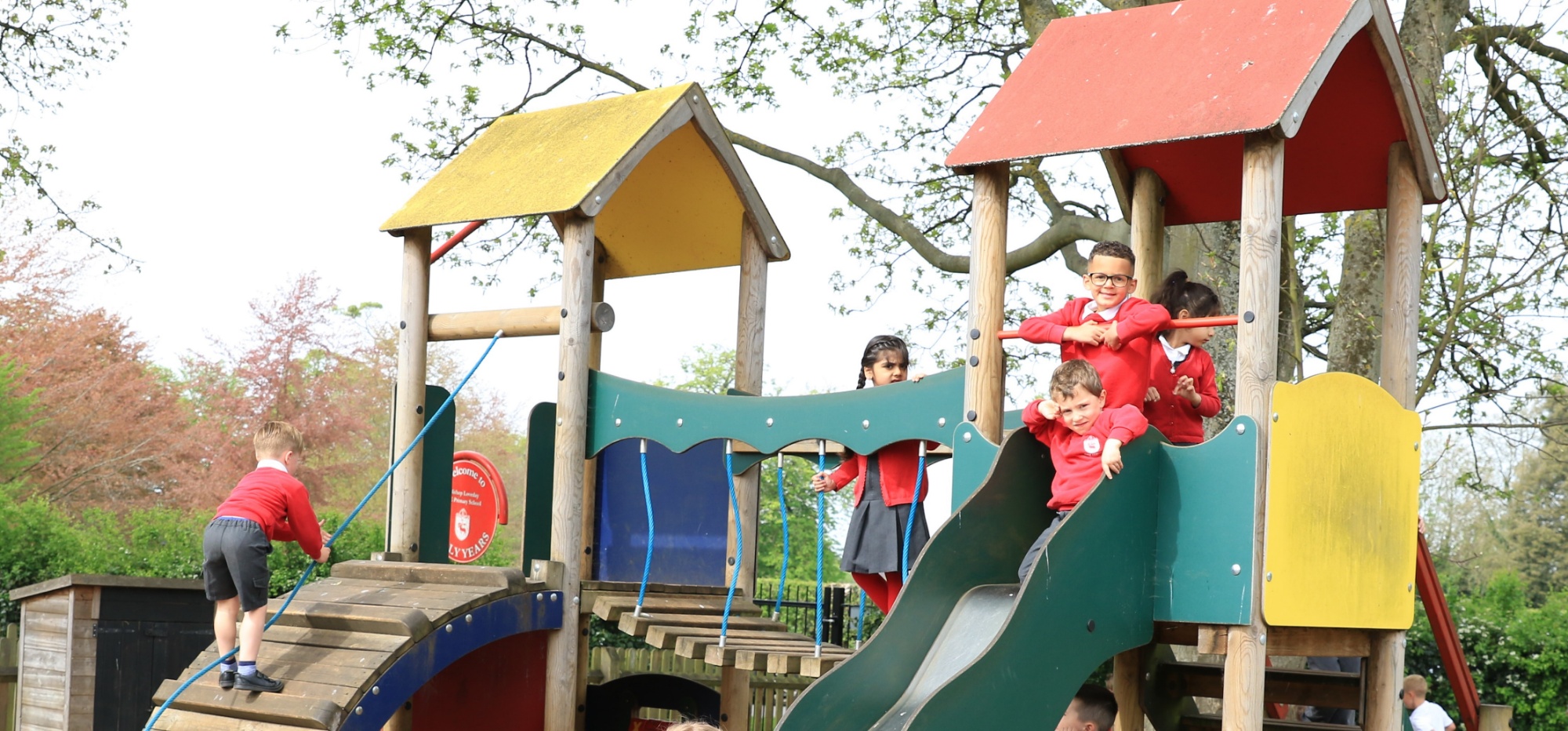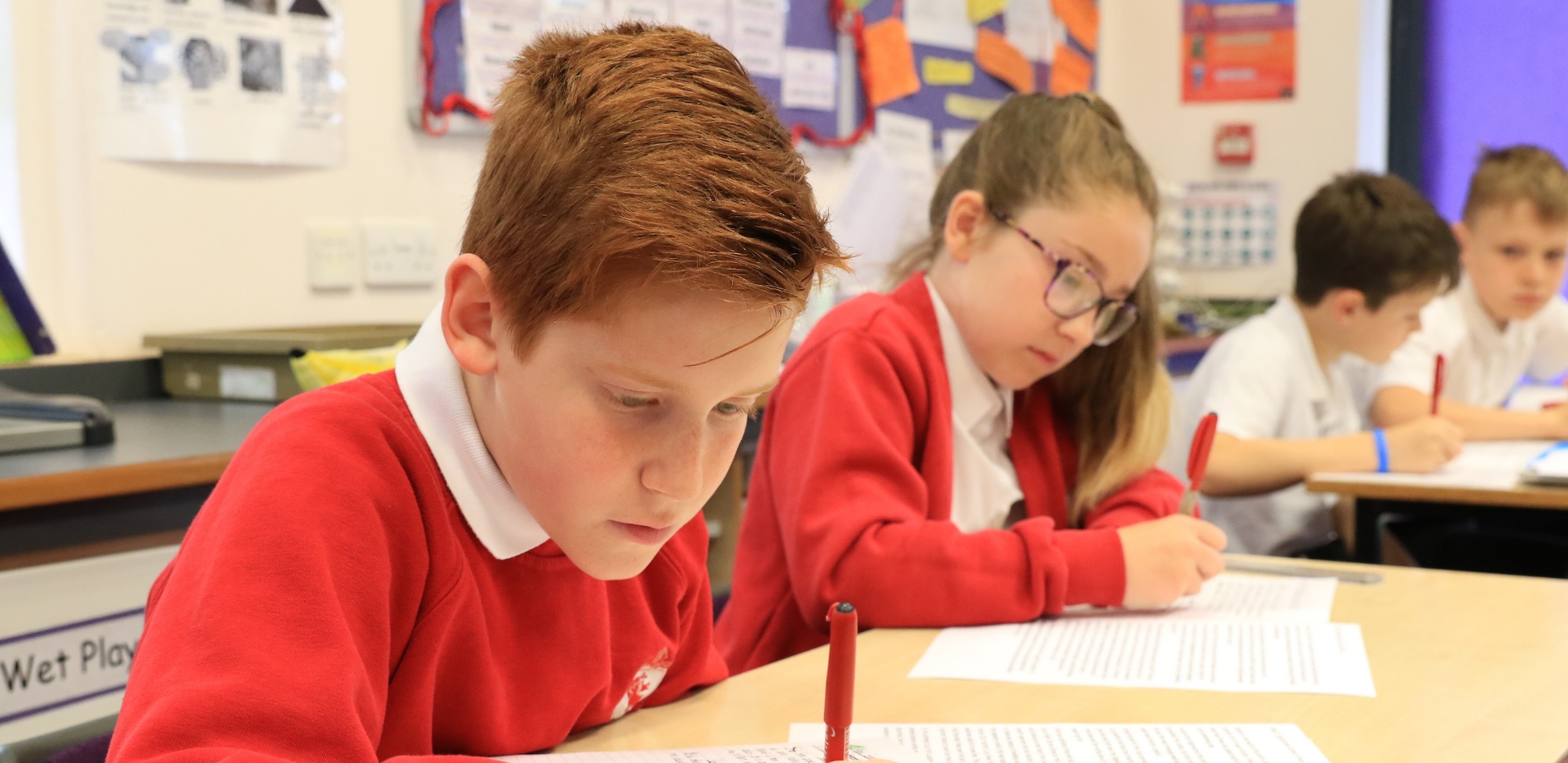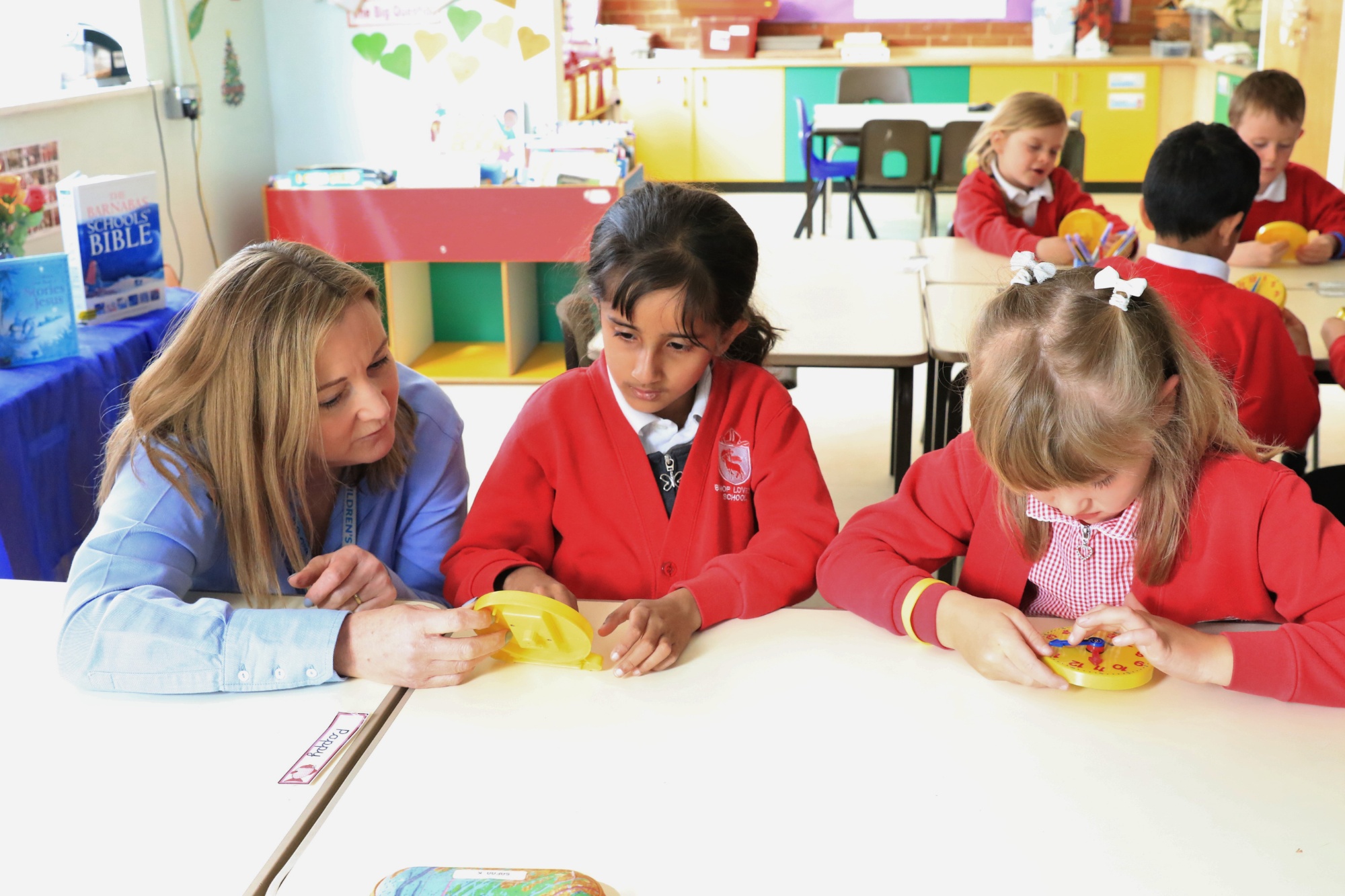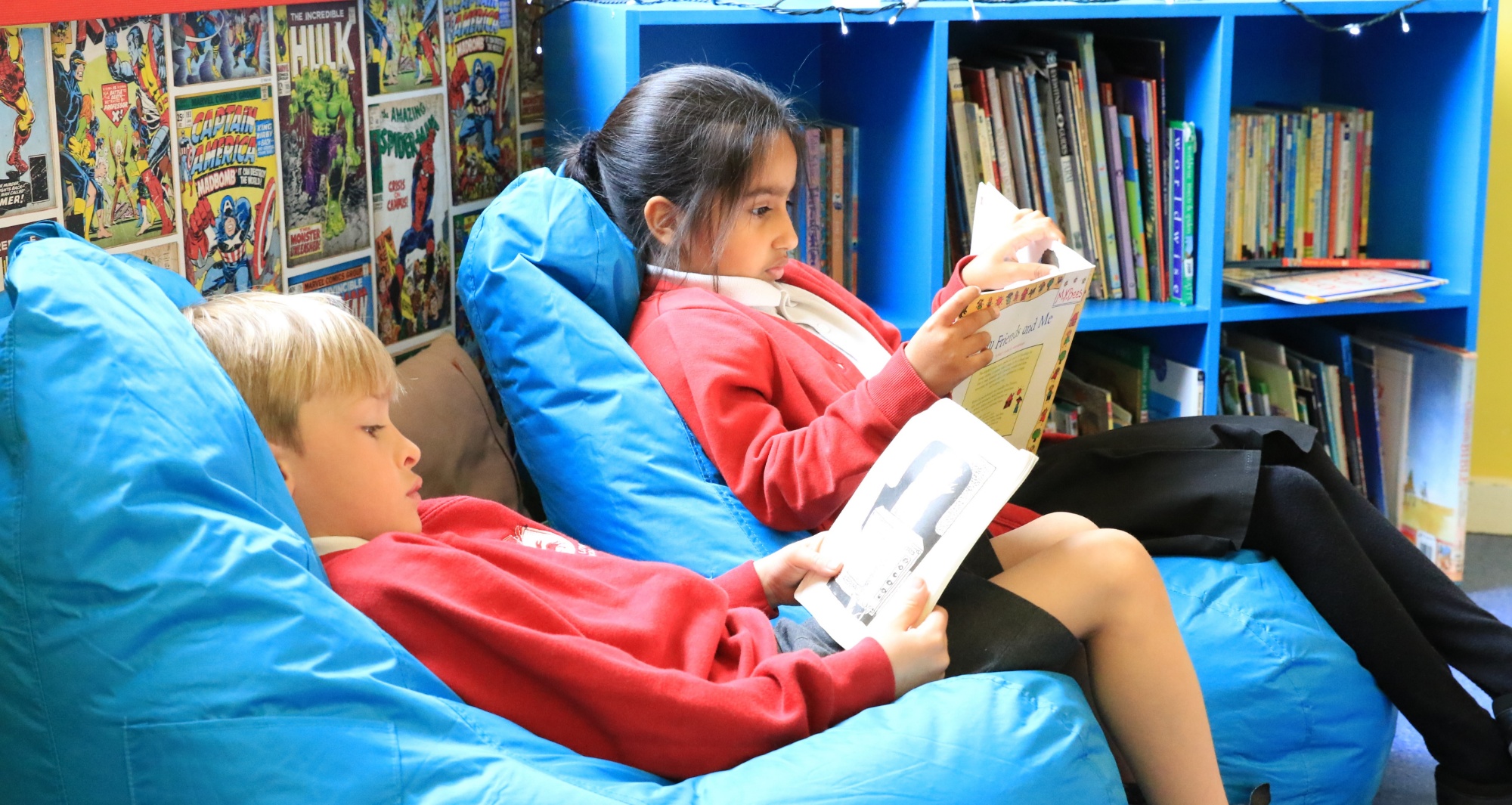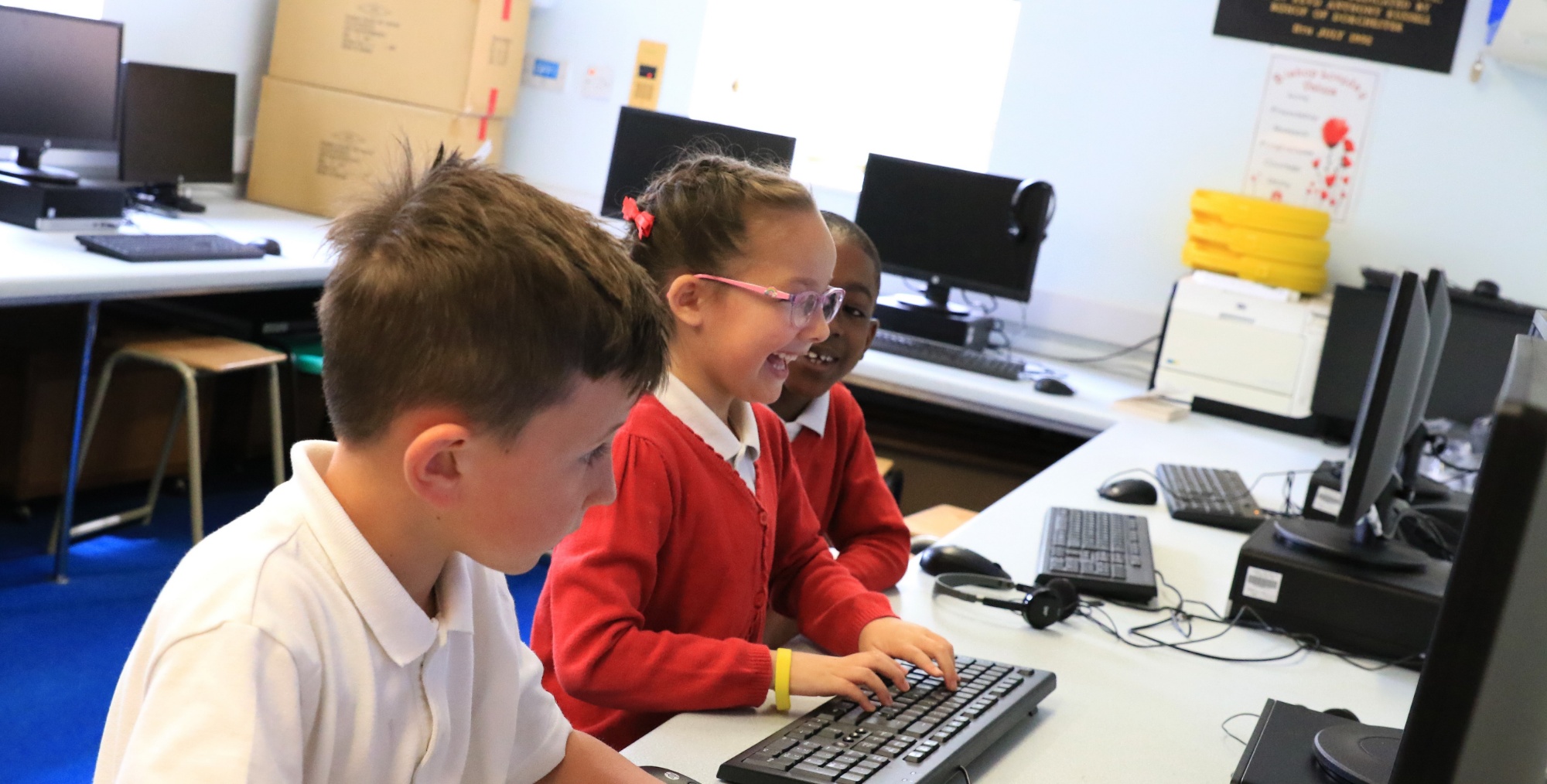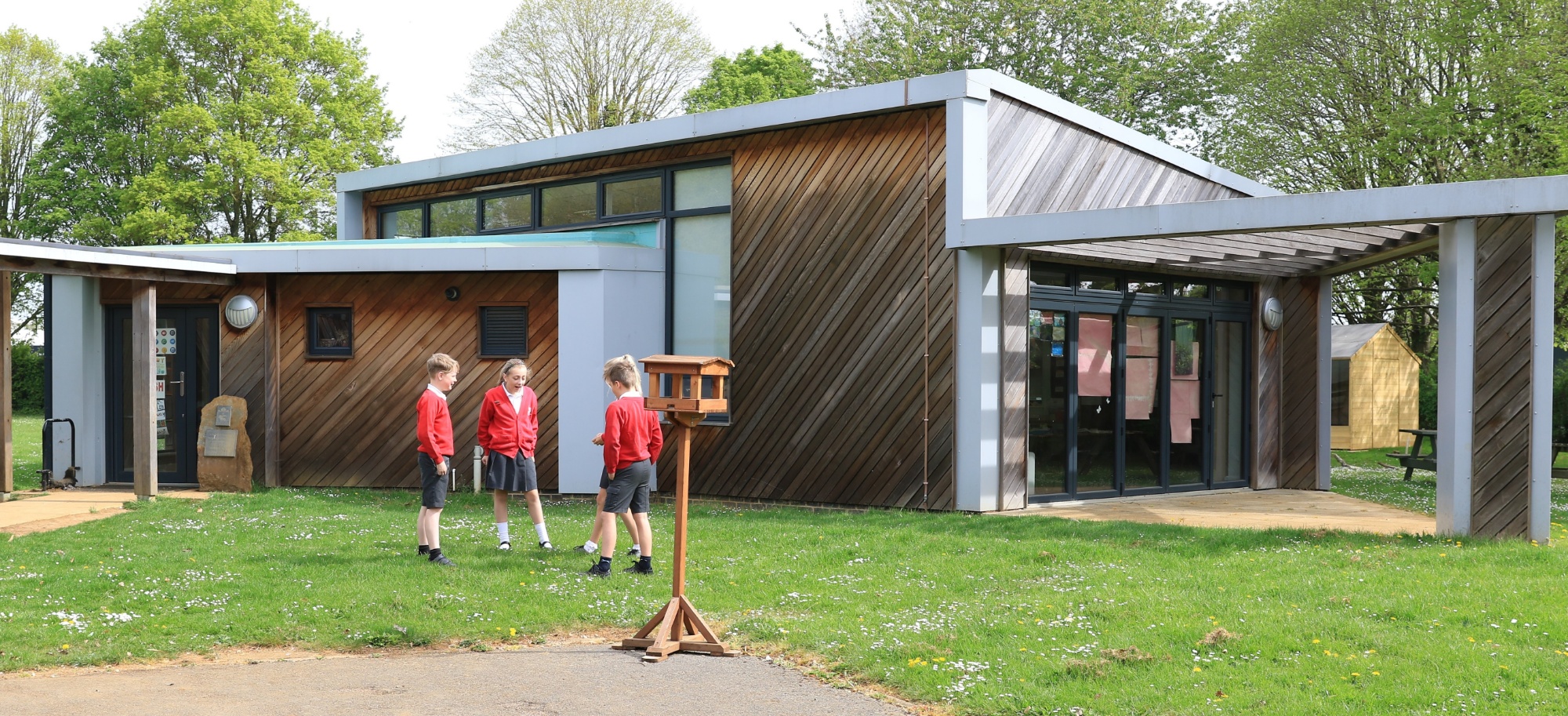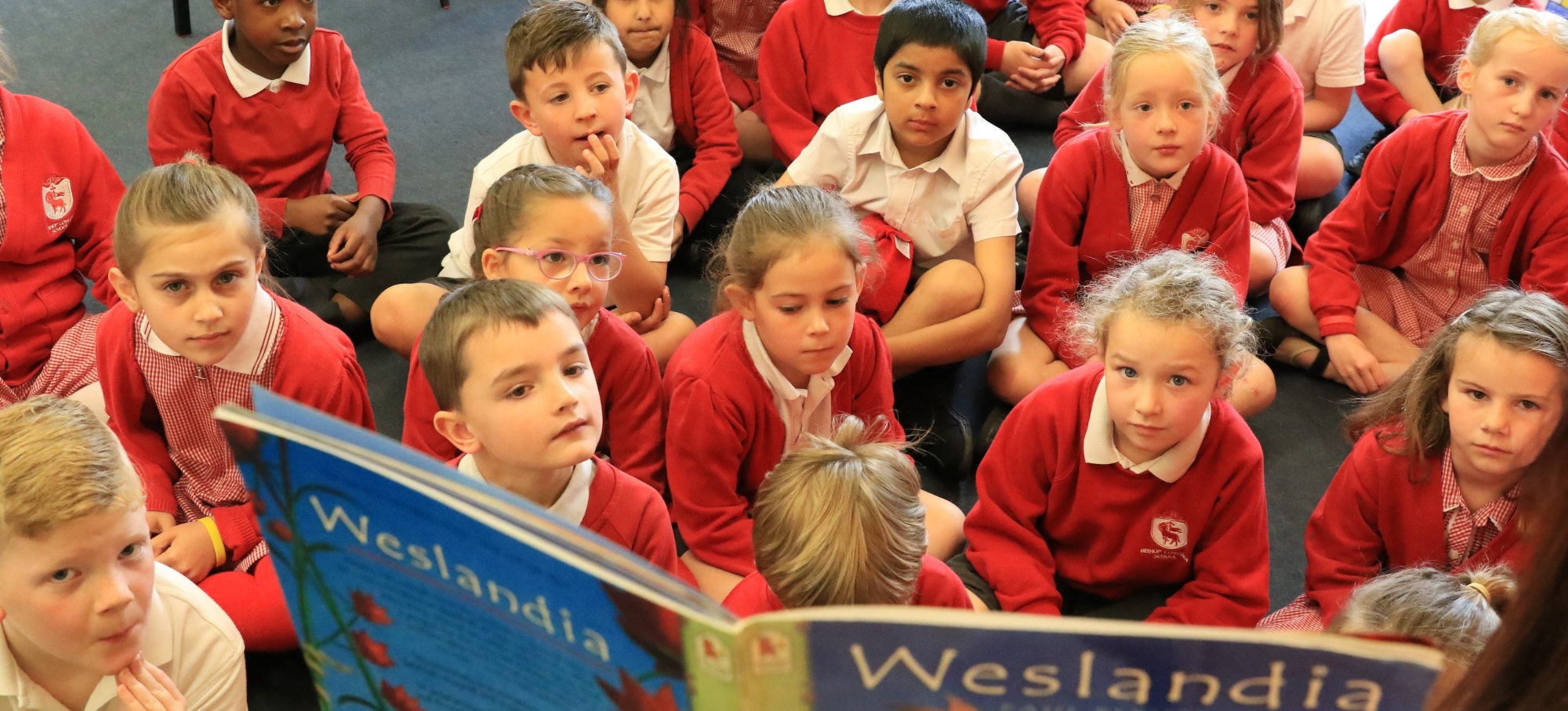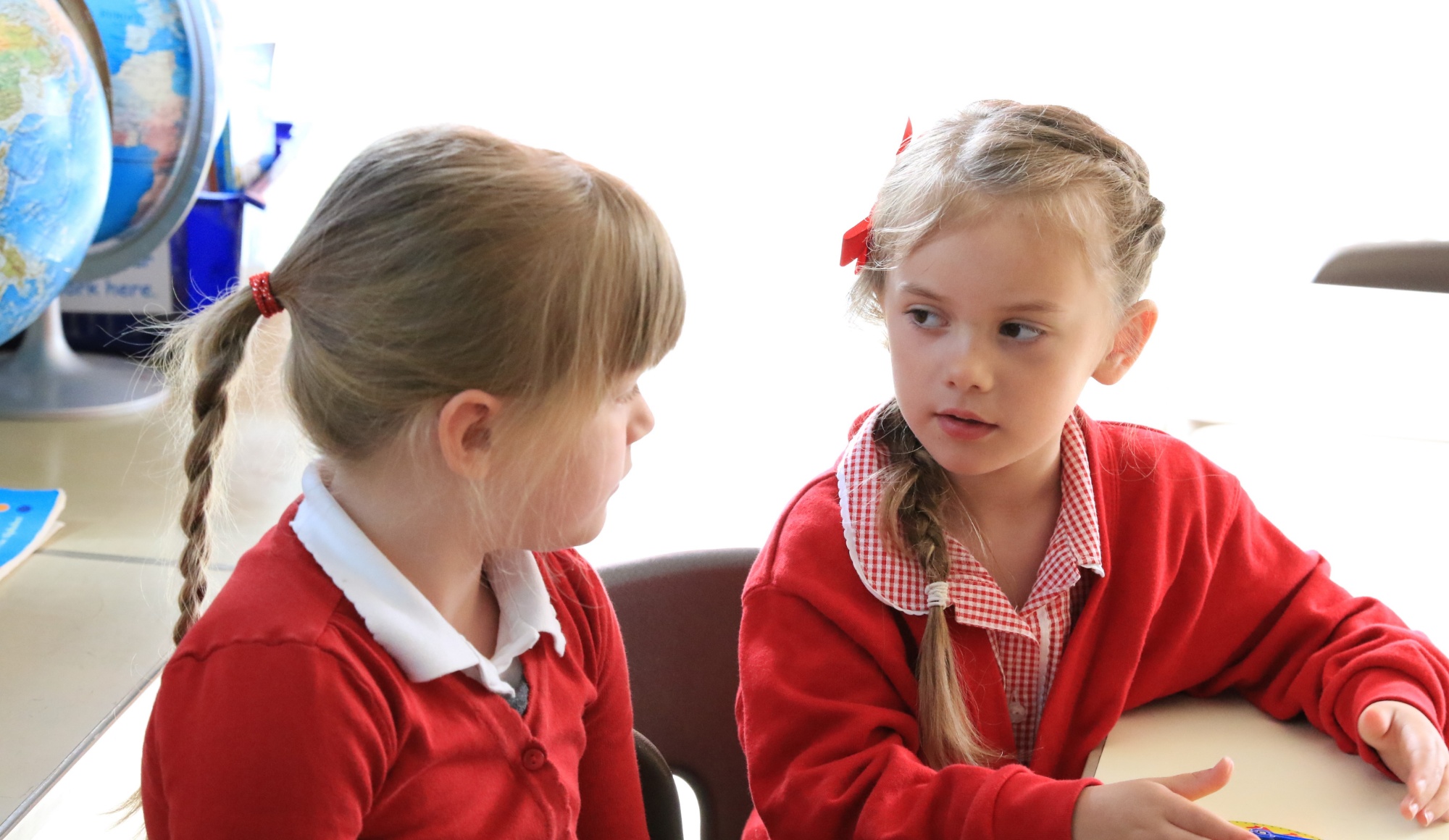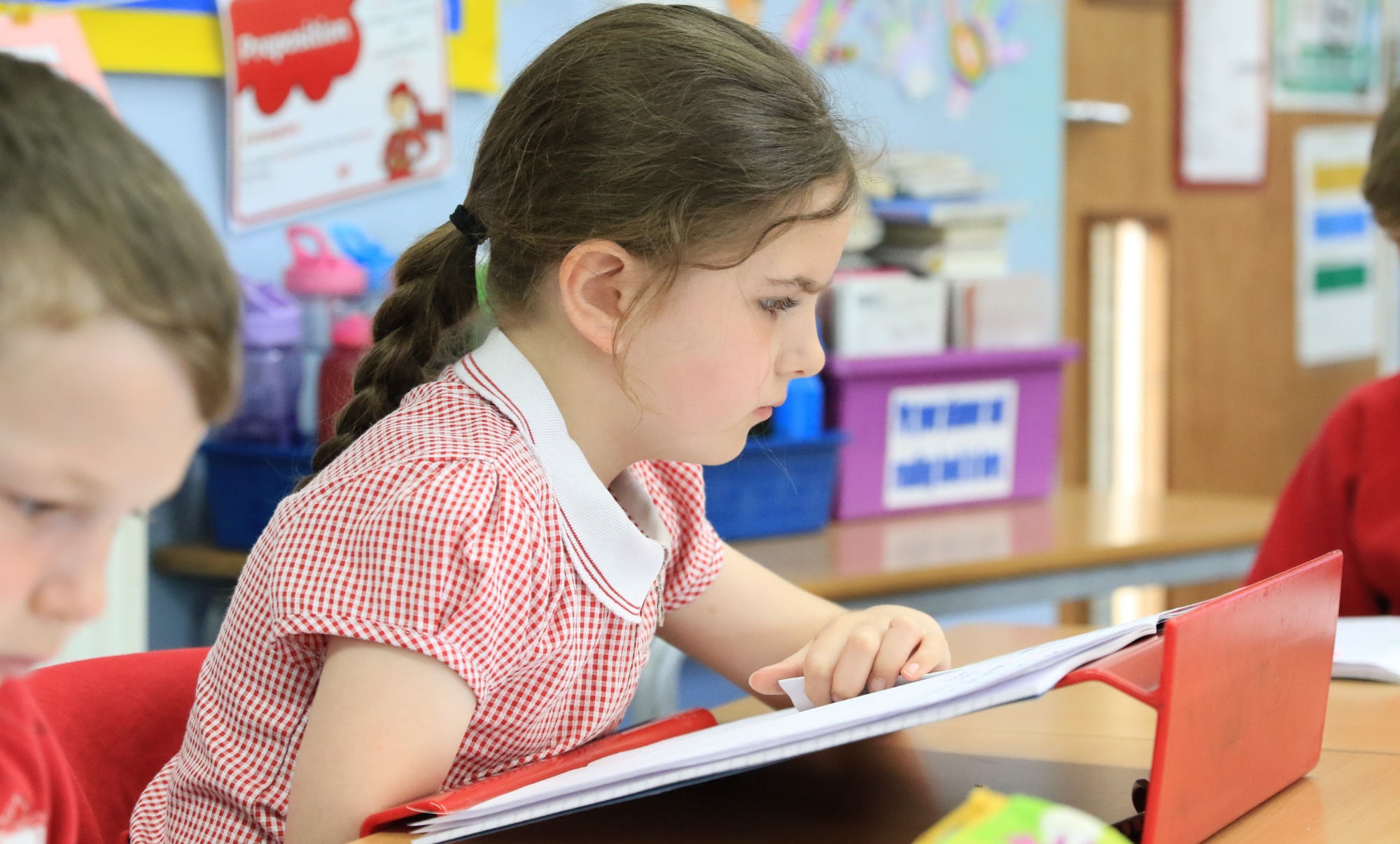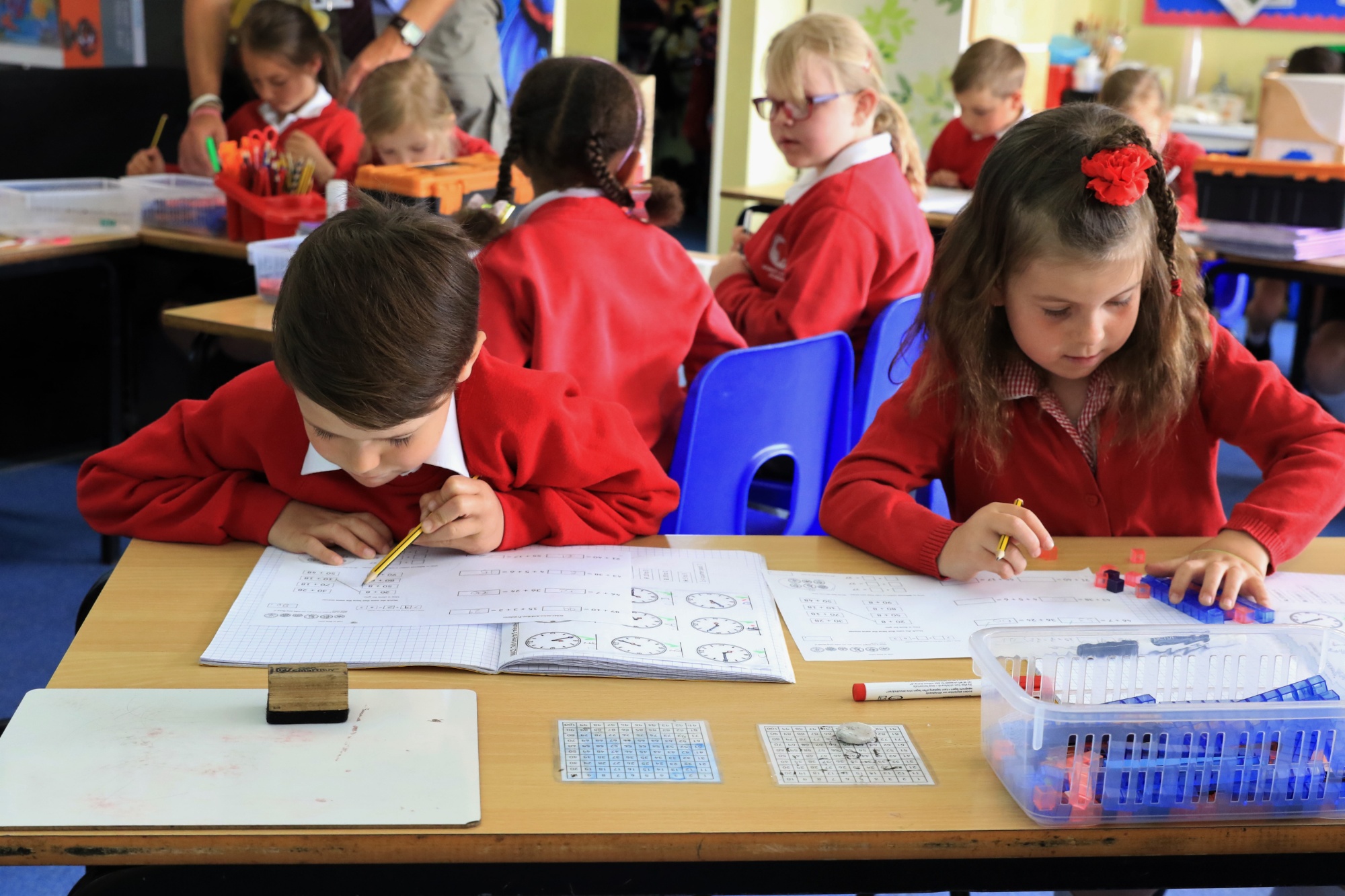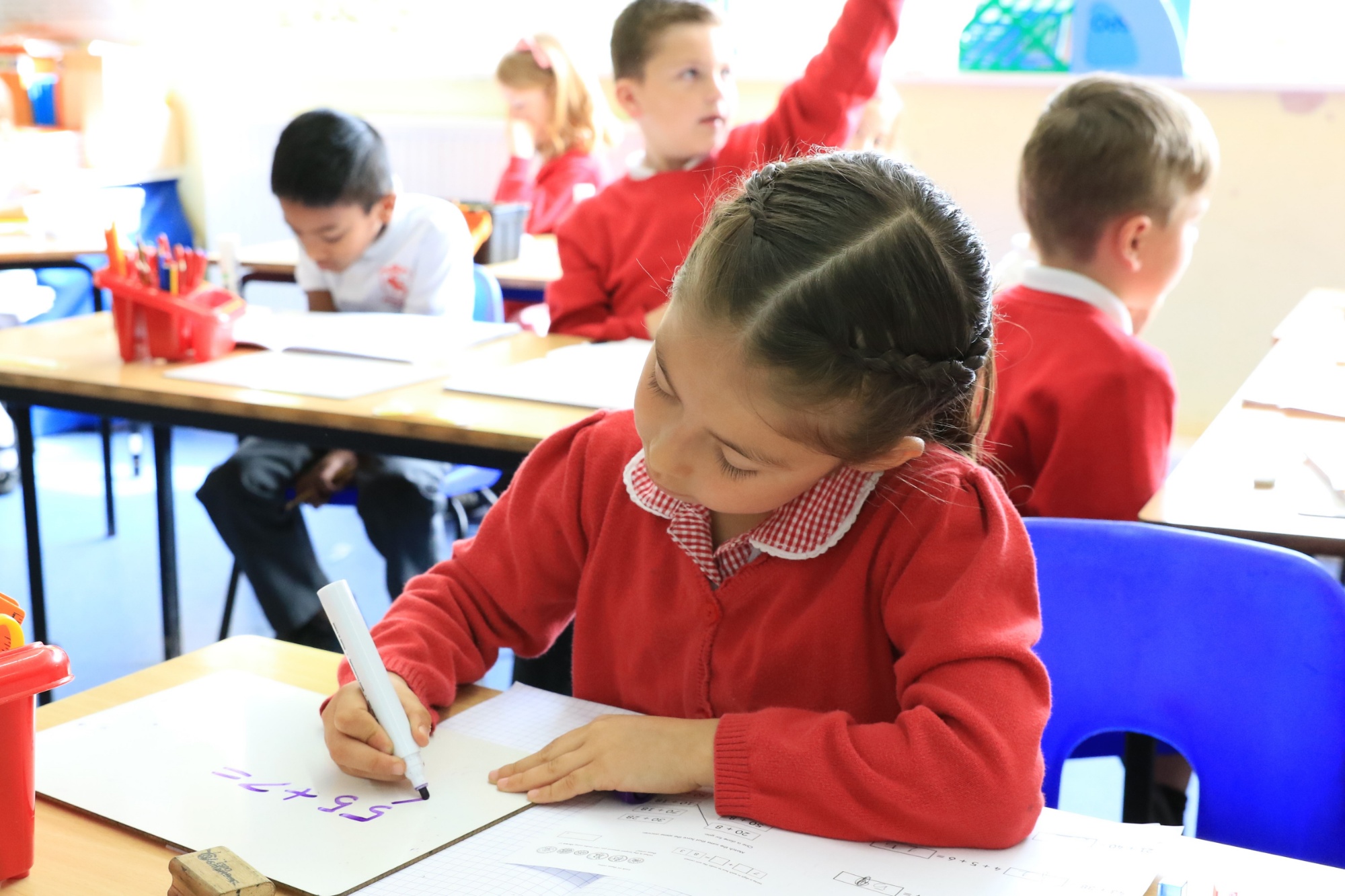Religious Education and World Views
Bishop Loveday is a Church of England VA School and we hold a strong commitment to teaching the principles of Christianity. Our school values of kindness, honesty and courage are informed by our religion and beliefs. These values underpin all we say and how we behave.
Our RE curriculum provides our pupils with the opportunity to acknowledge a spiritual dimension to life, allowing all children to celebrate and develop their own spirituality. At Bishop Loveday School we encourage children to raise questions about the meaning of life and to reflect on human experience. We believe RE also contributes to our pupils’ personal development and wellbeing, by promoting mutual respect and tolerance in a diverse society. All our RE teaching has links to the British Values.
At Bishop Loveday School, our RE Scheme of Work gives pupils from EYFS through to Year 6, a coherent picture of Christian worldviews, worldviews of Jewish, Islamic, Hindu and Humanist communities as well as some other non-religious perspectives. Our curriculum will take pupils on a journey through a range of concepts driven by three core strands: Beliefs and questions, Community and identity and Reality and truth. These strands will create connections between substantive and the disciplinary knowledge, and the units will include opportunities for the development of personal knowledge.
Intent
The aim is to develop curiosity in pupils and adults, allowing them to grow and have a sense of self-worth. They will explore the concept of what a worldview is and how people reach these ideas. This will equip them for future learning about, as well as enabling them to make sense of, the complex world of religious and non-religious worldviews. They will have confidence to be who they are and understand their place in the world, giving them the resilience to overcome challenges. This will create an inspired and inspiring community, helping pupils to make a positive contribution to the life of others. The learning journey will create pupils who are confident and skilled theologists, social and human scientists and philosophers.
Beliefs and questions (BELIEVING) will focus on theology, looking at the core beliefs and diverse interpretations of text, symbols and teachings of the chosen religions and worldviews.
Community and identity (LIVING) will focus on Human and Social Science and using data and other sources to examine practices and human expressions of religious and non-religious beliefs.
Reality and truth (THINKING) will focus on philosophy and ethics, looking at how people decide what is true and reliable drawing on the worldviews covered in the other units.
The learning journey in RE and Worldviews has been created to support our collective Christian vision and permeates through all we do.
Implementation
Our scheme of work has units from the ODBE Agreed Syllabus written by teachers, working in collaboration with RE experts and funded by Bayne Benefaction. These units will focus on the core content and the disciplinary lens appropriate to that unit. Prior learning and future learning will be included to ensure that every lesson is clearly part of the overall aim. Depth will be developed largely, but not exclusively, through the teaching of Christian worldviews. Within each year group the concepts explored in the worldviews units will link with the Christianity units as well as developing ideas from the previous year’s teaching. For some of our units of work, we use the Understanding Christianity Resource to help our children understand the ‘big story’ of the Bible. This resource is both progressive and reflective, always allowing the children to make links with previous learning and providing opportunities to reflect on their own background, experience, and questions they may have. Our children will encounter Christian concepts through key questions, using a model with three elements. This develops pupils’ abilities to make sense of the texts related to the core concepts, to understand the impact of belief in these concepts in the lives of Christians, and the Christian community, and to make connections beyond the concepts with other learning, including pupils’ own responses. We are mindful that Understanding Christianity has a strong theological focus, so have adapted plans to include a balance of the social science and philosophy strands.
Reference is also made in the scheme overview to the proposed National Statement of Entitlement from the REC Curriculum Resource document. This can be seen at the end of the Long Term plans.
Impact
Pupils will know more and be able to give an age-appropriate, coherent account of Christianity and the other worldviews covered. (Judaism. Islam, Hinduism, Humanism.) Pupils will be able to ask questions, use a range of sources and skills to explore the traditions taught and have developed curiosity about how and why people think and act. They will know that there is more to learn about religious and non-religious worldviews and have developed the skills to research further. Pupils will understand that there are different ways of interpreting texts, and that different people reach different conclusions about what is true, good, right, and wrong.
The aim is to develop curiosity in pupils and adults, allowing them to grow and have a sense of self-worth. They will explore the concept of what a worldview is and how people reach these ideas. This will equip them for future learning about, as well as enabling them to make sense of, the complex world of religious and non-religious worldviews. They will have confidence to be who they are and understand their place in the world, giving them the resilience to overcome challenges. This will create an inspired and inspiring community, helping pupils to make a positive contribution to the life of others. The learning journey will create pupils who are confident and skilled theologists, social and human scientists and philosophers.
